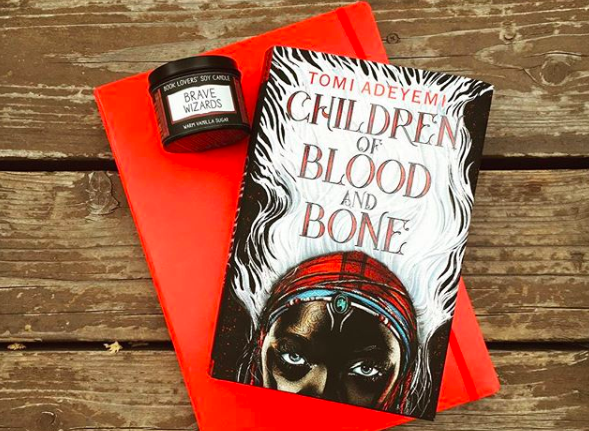
2. Children of Blood and Bone by Tomi Adeyemi
We loved Children of Blood and Bone by Tomi Adeyemi so very much. This book is powerful and poignant and we couldn’t recommend it more. Hope you enjoy!
Content Warning: in this episode, we discuss a lot of really difficult topics including racialized violence, torture, and abuse. If you or someone you know is the victim of child abuse, please contact ChildHelp 1-800-422-4453 for assistance
Here’s a list of the resources we mention throughout the episode. There are more that we did not talk about and so many that we probably don’t know exist. But we commit to keep learning. Please contact us with other resource recommendations. Legacies of slavery – mass incarceration, racial wealth gap
- If you haven’t seen Ava Duverney’s documentary 13th (2016) about the legacy of slavery via mass incarceration in America, it’s time. You can check out this NYT review, and the film is available on Netflix.
- The New Jim Crow. Mass Incarceration in the age of Color Blindness (2010) by Michelle Alexander. This is at the top of J&K’s non-YA fantasy TBR list.
- Vox’s series of short documentaries, Explained, explores the racial wealth gap in Episode 3. This post summarizes the episode and has a ton of great recommendations for further reading. Available on Netflix.
Books and articles about experiencing racism (and/or privilege)
- Why I’m No Longer Talking to White People About Race (2015) by British journalist Reni Eddo-Lodge is a collection of seven essays. NPR had this to say about the book. Reni Eddo-Lodge writes even more on her website, and she now has a podcast called About Race with Reni Eddo-Lodge (downloading an episode right meow!)
- Between the World and Me (2015) by Ta-Nehisi Coates.
- Brittany Packnett’s post in the wake of Nia Wilson’s tragic death, “How to Spend Your Privilege”, is one of the most succinct and direct calls to white people (i.e., “You didn’t earn it [your white privilege], so give it away”).
- Amandla Stenberg’s interview with Variety in which she addresses being biracial and light skin privilege.
- Trevor Noah’s memoir Born a Crime. Stories from a South African Childhood (2016). The interview he did with NPR is so good (a bit long, 43ish minutes).
Hair Things
- You Can’t Touch My Hair: And Other Things I Still Have to Explain (2016) by Phoebe Robinson, who is f-ing hilarious, btw.
- The movie Good Hair (2009) featuring Chris Rock. Here’s the trailer.
- More bullshit from the NFL, this time about hair pulling, a technically “legal” (yet controversial) move according to the game’s rules.
White feminism BS
- Let’s stop the white washing of the Me Too movement by A. supporting survivors and B. recognizing the badass Tarana Burke, who has been doing this work for a looooong time before white feminism had something to say about it starting in 2017.
Podcast: Play in new window | Download
Subscribe: RSS
Transcript to come Spring 2021
As always, we’d love to be in discussion with you, magical folx. Post or tweet about the show using #criticallyreading. Let us know what you think of the episode, anything we missed, or anything else you want us to know by dropping a line in the comments or reaching out to us on twitter or Instagram (@thelibrarycoven), or via email (thelibraycoven@gmail.com). You can also check out the show notes on our website, thelibrarycoven.com.
We really appreciate ratings and reviews on iTunes, Google Podcasts, Spotify, or any other platforms. Help us share the magic by spreading the word about the podcast!
Please support our labor by leaving us a one-time tip on Ko-fi or purchasing books from our Bookshop! Even better yet, become a monthly patron via Patreon and you can unlock a bunch of exclusive perks like mini-sodes, bonus episodes, and access to our community of reader-listeners on Discord.
The podcast theme song is “Unermerry Academy of Magics” by Augustin C from the album “Fantasy Music”, which you can download on FreeMusicArchive.com.
JK, it’s magic is recorded and produced on stolen indigenous land: Arapahoe, Cheyenne, and Ute (Kelly) and Chickasha, Kaskaskia, Kickapoo, Mascoutin, Miami, Mesquaki, Odawa, Ojibwe, Peankashaw, Peoria, Potawatomi, Sauk, and Wea (Jessie)
You can support Indigenous communities by donating to Mitakuye Foundation, Native Women’s Wilderness, or the Navajo Water Project. These suggested places came from @lilnativeboy
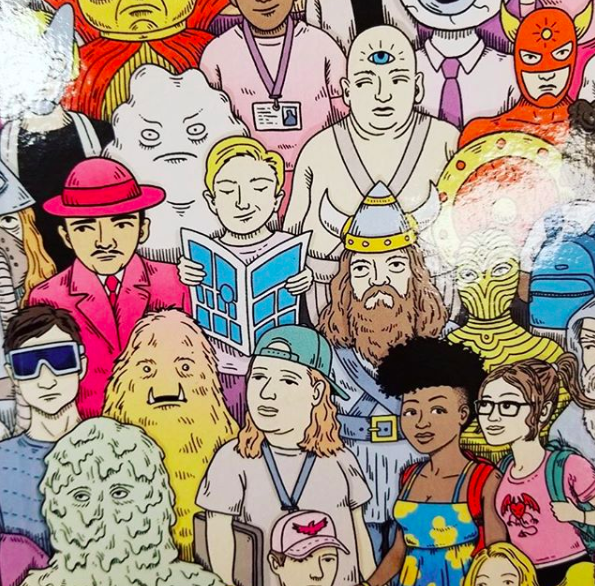
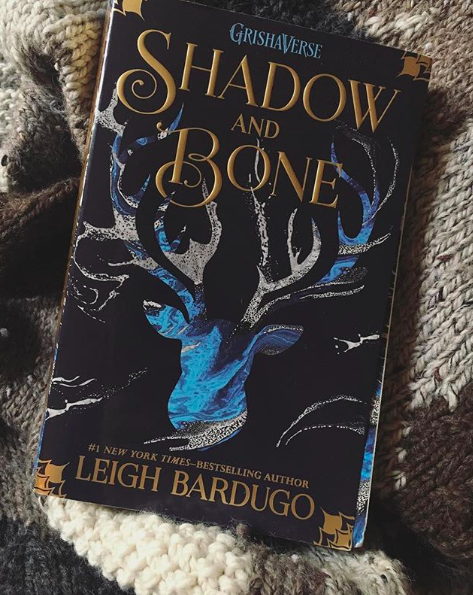
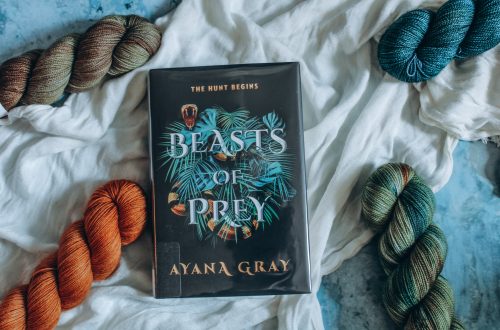
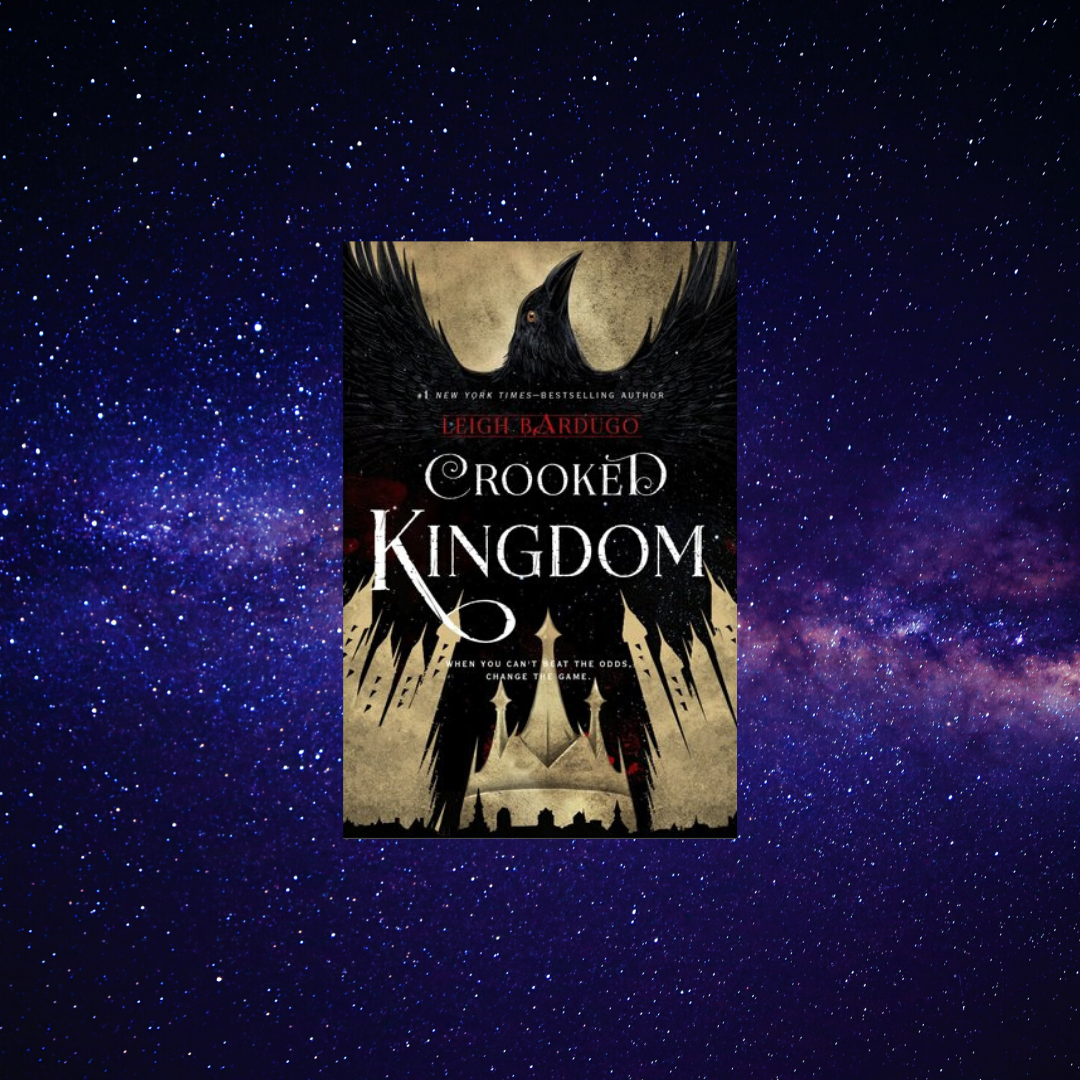
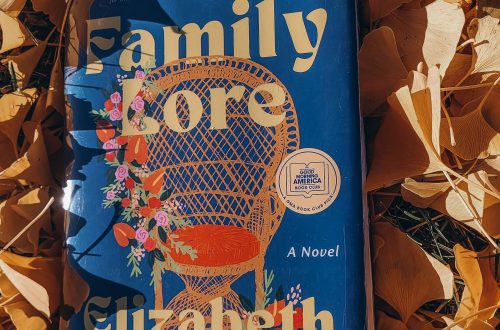
3 Comments
Alex Stein
And I am listening to this one, too, and guess what, I have a little pang of jealousy. Nice to have smart friends to talk books with. Not to mention social progress. Why are so many YA books about magic and supernatural activity but contemporary young adult readers in my experience are so skeptical and, practically scared of religious sensibilities? Do YA reader of books about magic aspire to become magical themselves? Does it inspire discipline in magical directions? I’m mean, secretly, of course. Do YA readers secretly believe in the powers of the YA characters? The way I believed in and tried to understand and develop the techniques of spiritual practice that I encountered in books like “Siddhartha” (Buddhist novel, by Hesse).
Pingback:
Pingback: